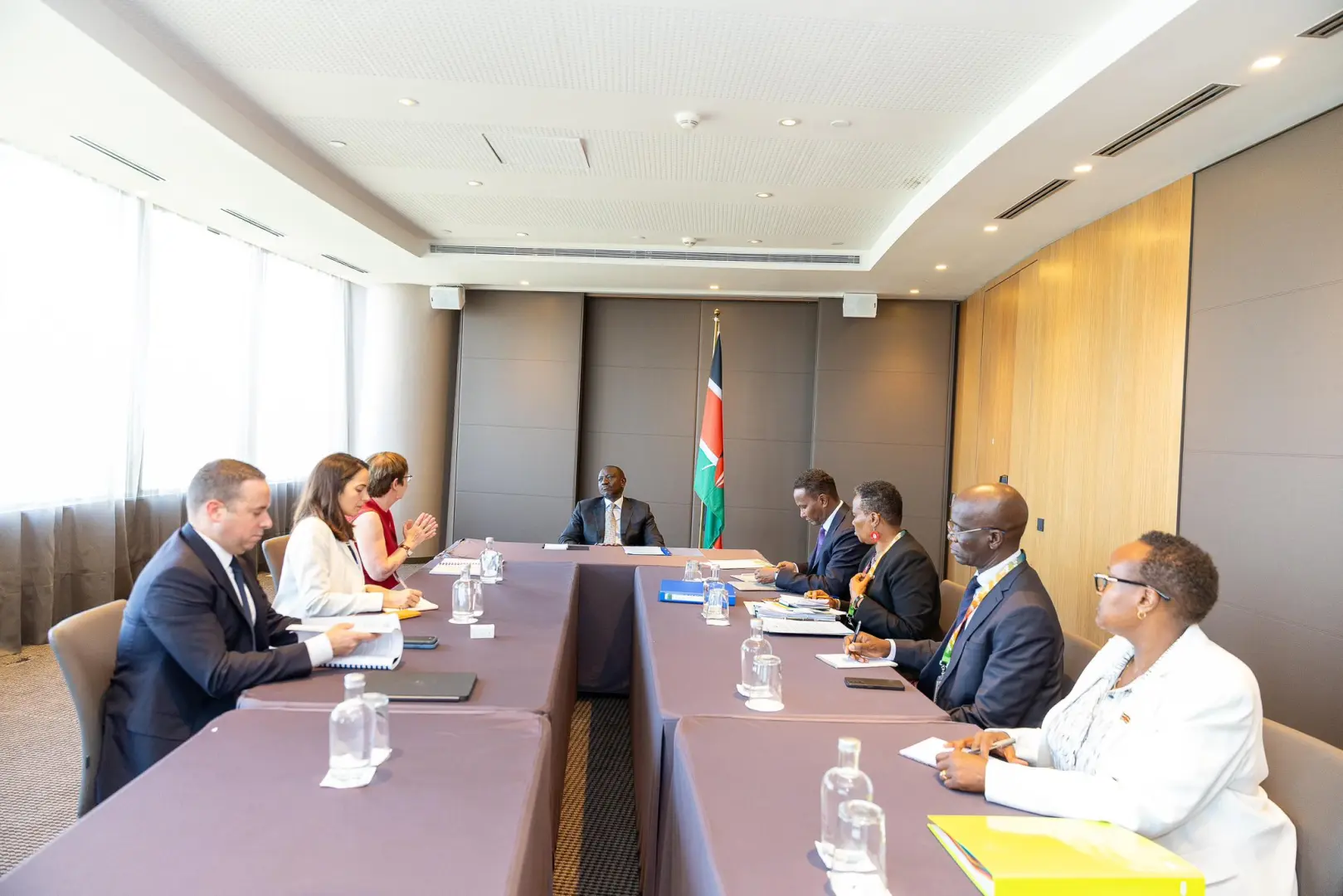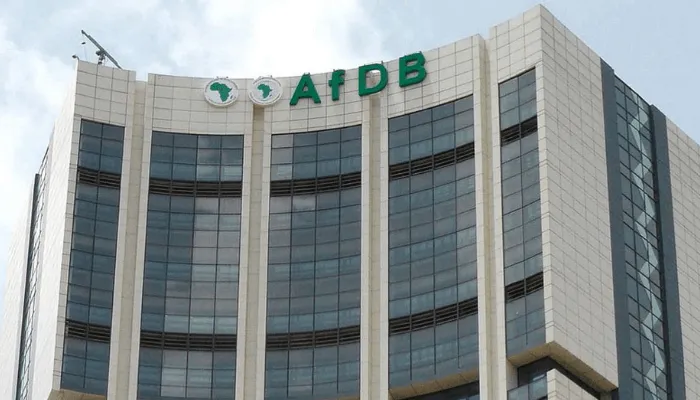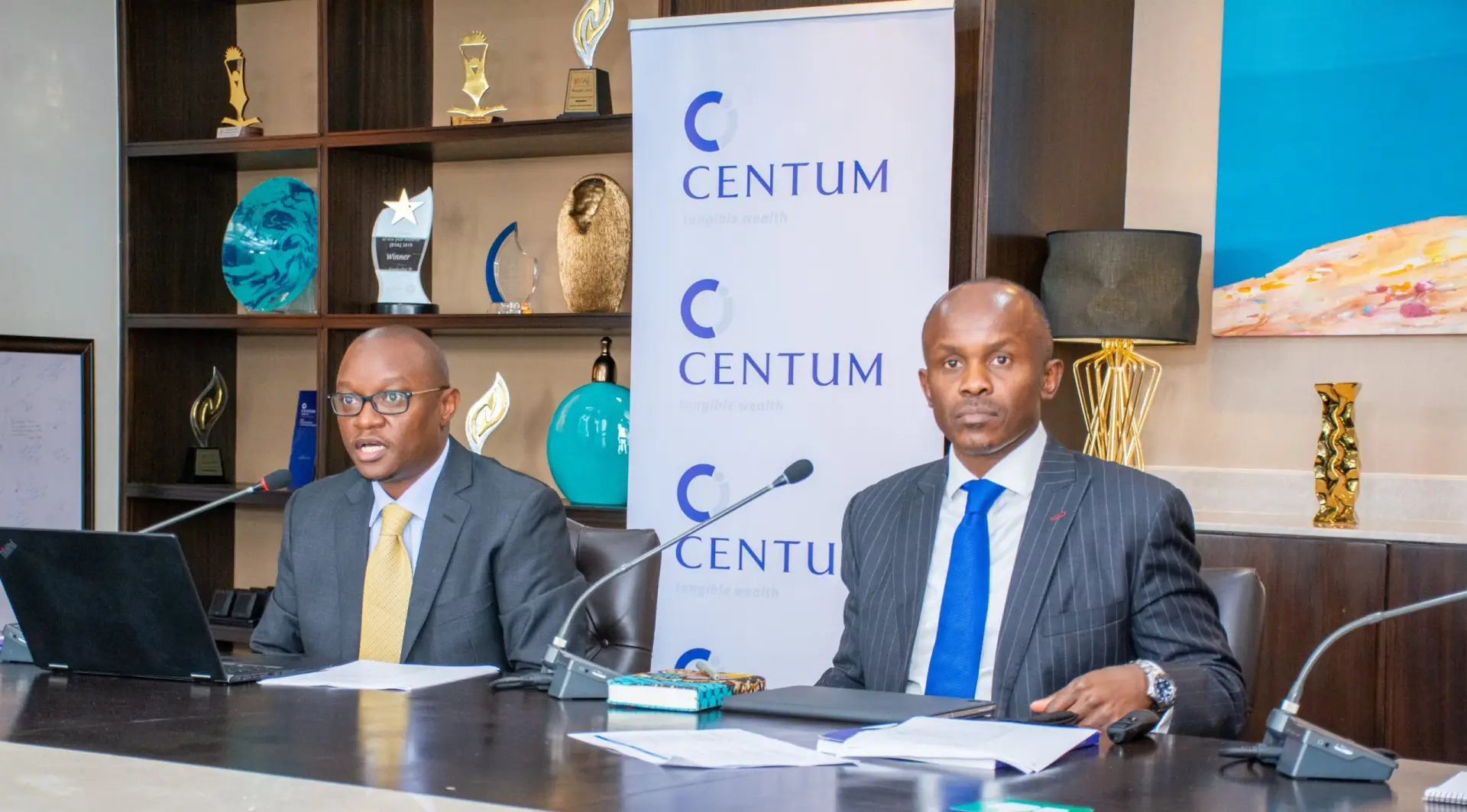In a significant turn of events, Kenya’s financial future took a hit when the International Monetary Fund (IMF) halted its scheduled disbursement of funds after President William Ruto withdrew the contentious Finance Bill 2024. The withdrawal, a result of mounting pressure from nationwide protests, has led to a pause in the much-needed financial assistance from the IMF, a move that could have far-reaching implications for the Kenyan economy.
Background of the Finance Bill 2024
The Finance Bill 2024 was introduced by President Ruto’s administration as a crucial component of the government’s fiscal strategy aimed at widening the domestic tax base. The bill sought to introduce several tax measures, including increased VAT rates, a new tax on digital services, and higher excise duties on goods like fuel and alcohol. These measures were expected to raise significant revenue to fund the 2024/2025 budget, which is essential for the government’s development agenda, including infrastructure projects, healthcare, and education.
However, the bill quickly became a lightning rod for public discontent. Many Kenyans felt that the proposed taxes would exacerbate the already high cost of living and disproportionately affect the lower and middle-income population. The public outcry led to widespread protests across the country, with demonstrators calling for the bill’s withdrawal and demanding more inclusive economic policies.
IMF’s Concerns and the Decision to Halt Funding
The IMF, which had been closely monitoring Kenya’s economic situation, expressed serious concerns following the protests. The international lender had tied its financial support to the successful implementation of revenue-raising measures outlined in the Finance Bill. According to US Ambassador to Kenya, Meg Whitman, the IMF was scheduled to release funds on June 12, 2024. However, the disbursement was halted after the Finance Bill was withdrawn. Whitman noted that the IMF required the projected revenue numbers from the bill to incorporate into its financial models, which are essential for assessing Kenya’s ability to meet its debt obligations and maintain fiscal stability.
The IMF’s decision to halt the disbursement highlights the challenges faced by countries like Kenya, which rely heavily on external financing to support their budgets. The move underscores the importance of maintaining fiscal discipline and implementing reforms that can generate sustainable revenue streams. The IMF’s concerns are particularly relevant given Kenya’s rising debt levels, which have been a source of concern for both domestic and international stakeholders.
The Economic Impact of the Halted IMF Funds
The halting of IMF funds comes at a precarious time for Kenya. The country’s economy has been struggling with several challenges, including slow GDP growth, high inflation, and a significant budget deficit. The IMF’s funding, amounting to KSh 465 billion under its seventh review of the Extended Fund Facility (EFF) and Extended Credit Facility (ECF) arrangements, was seen as a crucial lifeline to support the government’s fiscal operations and stabilize the economy.
The absence of these funds could have several adverse effects on Kenya’s economy. Firstly, it may lead to a tightening of fiscal space, forcing the government to cut back on essential spending or seek alternative, possibly more expensive, sources of financing. This could slow down the implementation of key development projects, affecting sectors like infrastructure, healthcare, and education.
Secondly, the halt in IMF funding could negatively impact investor confidence. The IMF’s endorsement of Kenya’s economic policies is often seen as a sign of stability and fiscal prudence, which can attract foreign investment. Without this endorsement, Kenya may face higher borrowing costs in international markets, making it more difficult to finance its debt and potentially leading to a downgrade in its credit rating.
The Role of Public Protests and Civil Society in Economic Policymaking
The withdrawal of the Finance Bill 2024 following public protests raises important questions about the role of civil society and public participation in economic policymaking. The protests, largely driven by concerns over the high cost of living and the perceived unfairness of the proposed taxes, demonstrated the power of collective action in influencing government decisions. However, they also highlight the delicate balance that governments must strike between implementing necessary fiscal reforms and maintaining public support.
In Kenya’s case, the government’s decision to bow to public pressure and withdraw the Finance Bill could be seen as a victory for democracy and public participation. However, it also exposes the challenges of implementing difficult but necessary economic reforms in a highly politicized environment. The situation underscores the need for governments to engage in broad consultations with stakeholders, including the public, civil society, and the private sector, when formulating economic policies.
US Ambassador’s Call for IMF to Resume Funding
In light of the challenges facing Kenya, US Ambassador Meg Whitman has urged the IMF to reconsider its decision and resume the disbursement of funds. Whitman emphasized that Kenya is in a difficult economic situation and needs external support to navigate the challenges it faces. She recommended that the IMF work with the Kenyan government to develop a revised set of fiscal policies that could help the country achieve its growth targets and create much-needed jobs.
Whitman’s call for the IMF to resume funding reflects the broader international concern about the potential economic and social consequences of withholding financial support. Kenya’s economy is a key driver of growth in East Africa, and prolonged economic instability could have ripple effects across the region. As such, there is a strong case for the IMF to engage with the Kenyan government in finding a mutually acceptable path forward that balances the need for fiscal reforms with the realities of the country’s socio-economic challenges.
The Path Forward for Kenya
As Kenya faces the prospect of navigating its fiscal challenges without immediate IMF support, the government will need to explore alternative strategies to stabilize the economy. One option could be to revisit the Finance Bill 2024 and introduce a revised version that addresses the concerns raised by the public while still achieving the necessary revenue targets. This could involve reducing the tax burden on low and middle-income households, implementing more progressive tax measures, or seeking new sources of revenue, such as enhancing tax compliance or broadening the tax base.
In addition to fiscal reforms, Kenya will need to focus on stimulating economic growth to create jobs and improve living standards. This could involve investing in key sectors like agriculture, manufacturing, and technology, which have the potential to drive inclusive growth and reduce the country’s dependence on external financing. Moreover, the government will need to address the structural challenges that have hindered economic development, including corruption, inadequate infrastructure, and limited access to credit for small and medium-sized enterprises.
Finally, Kenya’s experience with the Finance Bill 2024 highlights the importance of building a broad-based consensus around economic policies. The government will need to engage in more meaningful consultations with stakeholders, including civil society, the private sector, and development partners, to ensure that future reforms are both effective and socially acceptable. By fostering greater transparency and accountability in economic policymaking, the government can build trust with the public and create a more stable and sustainable path to economic development.
Conclusion
The IMF’s decision to halt funding to Kenya following the withdrawal of the Finance Bill 2024 has exposed the vulnerabilities of the Kenyan economy and the challenges of implementing fiscal reforms in a politically charged environment. While the government faces significant hurdles in addressing its budgetary needs, there is also an opportunity to learn from this experience and develop more inclusive and effective economic policies. As Kenya moves forward, the key will be to strike a balance between fiscal discipline and social equity, ensuring that economic reforms are both sustainable and widely supported. With the right policies in place, Kenya can overcome its current challenges and set a course for long-term economic prosperity.
Photo source: Google
By: Montel Kamau
Serrari Financial Analyst
28th August, 2024
Article, Financial and News Disclaimer
The Value of a Financial Advisor
While this article offers valuable insights, it is essential to recognize that personal finance can be highly complex and unique to each individual. A financial advisor provides professional expertise and personalized guidance to help you make well-informed decisions tailored to your specific circumstances and goals.
Beyond offering knowledge, a financial advisor serves as a trusted partner to help you stay disciplined, avoid common pitfalls, and remain focused on your long-term objectives. Their perspective and experience can complement your own efforts, enhancing your financial well-being and ensuring a more confident approach to managing your finances.
Disclaimer: This article is for informational purposes only and does not constitute financial advice. Readers are encouraged to consult a licensed financial advisor to obtain guidance specific to their financial situation.
Article and News Disclaimer
The information provided on www.serrarigroup.com is for general informational purposes only. While we strive to keep the information up to date and accurate, we make no representations or warranties of any kind, express or implied, about the completeness, accuracy, reliability, suitability, or availability with respect to the website or the information, products, services, or related graphics contained on the website for any purpose. Any reliance you place on such information is therefore strictly at your own risk.
www.serrarigroup.com is not responsible for any errors or omissions, or for the results obtained from the use of this information. All information on the website is provided on an as-is basis, with no guarantee of completeness, accuracy, timeliness, or of the results obtained from the use of this information, and without warranty of any kind, express or implied, including but not limited to warranties of performance, merchantability, and fitness for a particular purpose.
In no event will www.serrarigroup.com be liable to you or anyone else for any decision made or action taken in reliance on the information provided on the website or for any consequential, special, or similar damages, even if advised of the possibility of such damages.
The articles, news, and information presented on www.serrarigroup.com reflect the opinions of the respective authors and contributors and do not necessarily represent the views of the website or its management. Any views or opinions expressed are solely those of the individual authors and do not represent the website's views or opinions as a whole.
The content on www.serrarigroup.com may include links to external websites, which are provided for convenience and informational purposes only. We have no control over the nature, content, and availability of those sites. The inclusion of any links does not necessarily imply a recommendation or endorsement of the views expressed within them.
Every effort is made to keep the website up and running smoothly. However, www.serrarigroup.com takes no responsibility for, and will not be liable for, the website being temporarily unavailable due to technical issues beyond our control.
Please note that laws, regulations, and information can change rapidly, and we advise you to conduct further research and seek professional advice when necessary.
By using www.serrarigroup.com, you agree to this disclaimer and its terms. If you do not agree with this disclaimer, please do not use the website.
www.serrarigroup.com, reserves the right to update, modify, or remove any part of this disclaimer without prior notice. It is your responsibility to review this disclaimer periodically for changes.
Serrari Group 2025





